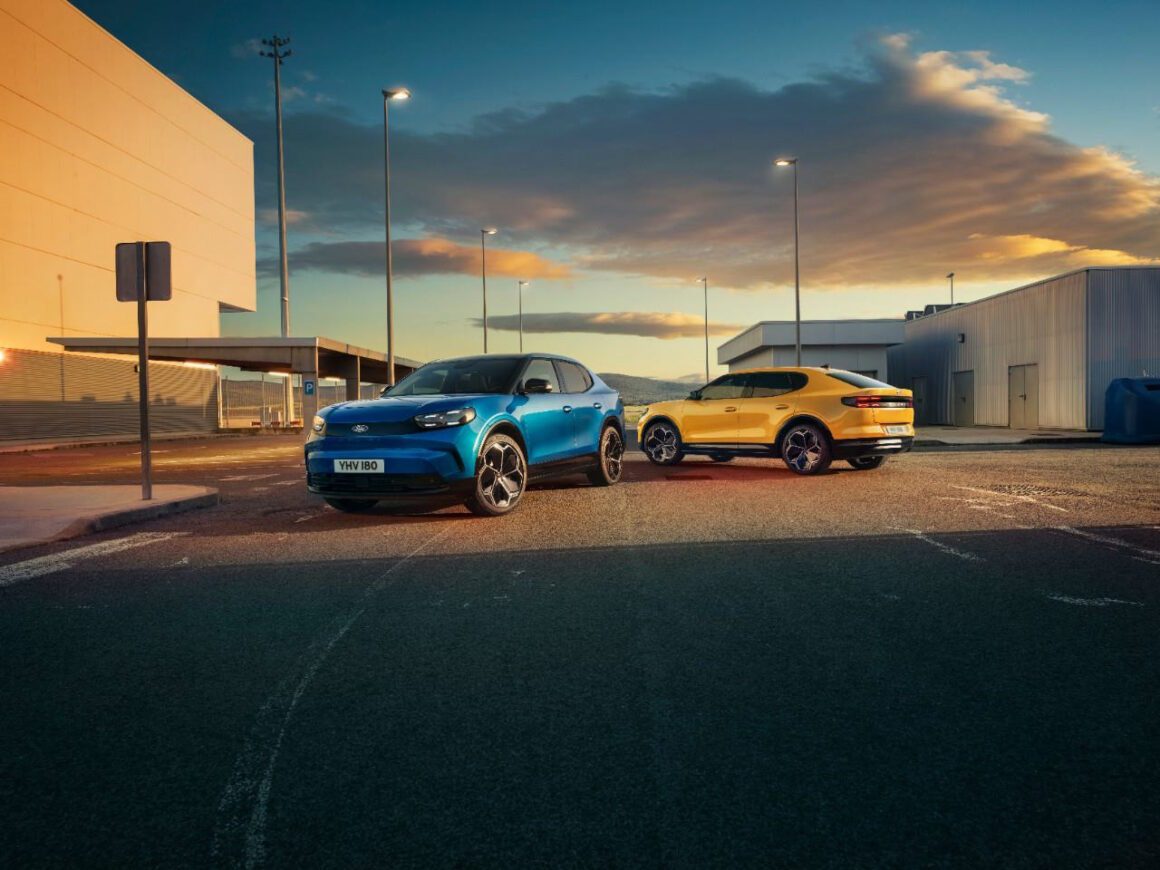American automotive giant Ford has reportedly bailed on efforts to go all electric in Europe by 2030, describing the goal as “too ambitious” due in part to the “uncertainty” surrounding EV demand and legislation across the region.
Marin Gjaja, chief operating officer of Ford’s Model E electrification division, told British automobile magazine Autocar that the company is no longer planning to end the sale of internal combustion engine (ICE) vehicles in Europe by 2030.
Ford originally announced in mid-2021 that it was committing to transition its entire passenger vehicle range in Europe to be zero emissions capable whilst driving, all electric or plug-in hybrid, by 2026, and completely all-electric by 2030.
The goal was framed at the time as “a commitment to go all-in on electric passenger vehicles, and to substantially grow and electrify our leading commercial vehicle business.”
However, Gjaja, Ford’s EV boss, told Autocar that these goals had been “too ambitious” and that the company will continue to offer a range of hybrids moving forward.
“I don’t think we can go all in on anything until our customers decide they’re all in, and that’s progressing at different rates around the world,” said Gjaja, citing lacklustre customer adoption of EVs which has been fuelled by high battery costs and declining government incentives.
“I think customers have voted, and they told us that was too ambitious, is what I would say – and I think everyone in the industry has found that out the hard way,” said Gjaja.
“I would also say reality has a way of making you adjust your plans.
“We don’t see that going all-electric by 2030 is a good choice for our business or, especially, for our customers.”

Image Credit: Ford France
Ford won’t have it all its own way, being forced to discontinue the sale of ICE models in the UK from 2030 due to the new Labour government’s plans to reinstate a 2030 ban on the sale of new ICE cars.
But Ford is still continuing an electrification strategy, having recently revealed the new Capri as its third European electric passenger vehicle, behind the Mustang Mach-E and Explorer, and with plans to introduce electric versions of the Puma and Tourneo Courier in 2025.
Ford is also planning to retire the Focus, joining the Fiesta, which leaves only four Ford ICE vehicles on sale in Europe – the Tourneo, Mustang, Puma, and Kia.
Gjaja also reiterated to Autocar his company’s commitment to an EV future: “We’re all in from the standpoint of we’re going to compete aggressively, whether it’s a pure ICE, whether it’s a pure battery-electric vehicle, or hybrids in between, because what we’re seeing is customers want that freedom of choice to pick the right powertrain and the right vehicle for their use case.
“We’re going to bring something to [Ford’s Valencia factory], but we haven’t committed to what that’s going to be. We’re still working on that. I think it’s going to be multi-energy. That’s our current thinking, because we think it gives us the best chance of success given the European market and where we are in adoption.”

Image Credit: Ford
According to Gjaja, solidifying an investment strategy based around electrification in Europe is difficult when actual customer demand for electric cars does not match up with legislative and regulatory frameworks.
“It makes it hard for all of us as manufacturers, because the investments aren’t trivial. But right now, we feel like we need to be investing across those, as we wait, fundamentally for the uncertainty of how this is going to play out.”
Gjaja is nevertheless confident that “it’s going to end at a highly electrified fleet – maybe ultimately completely electrified if we can get the battery costs and energy density right.
“That’s a destination, and is that 10 years out or is that 30 years out? I don’t think anyone’s crystal ball is good enough to say.”
Credit to Autocar’s Felix Page for the original reporting and interview with Marin Gjaja.
Joshua S. Hill is a Melbourne-based journalist who has been writing about climate change, clean technology, and electric vehicles for over 15 years. He has been reporting on electric vehicles and clean technologies for Renew Economy and The Driven since 2012. His preferred mode of transport is his feet.

